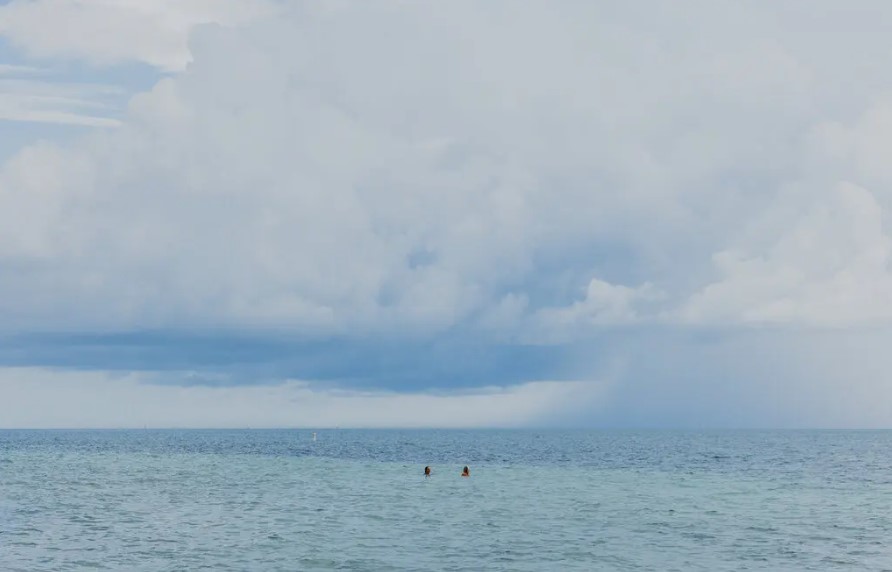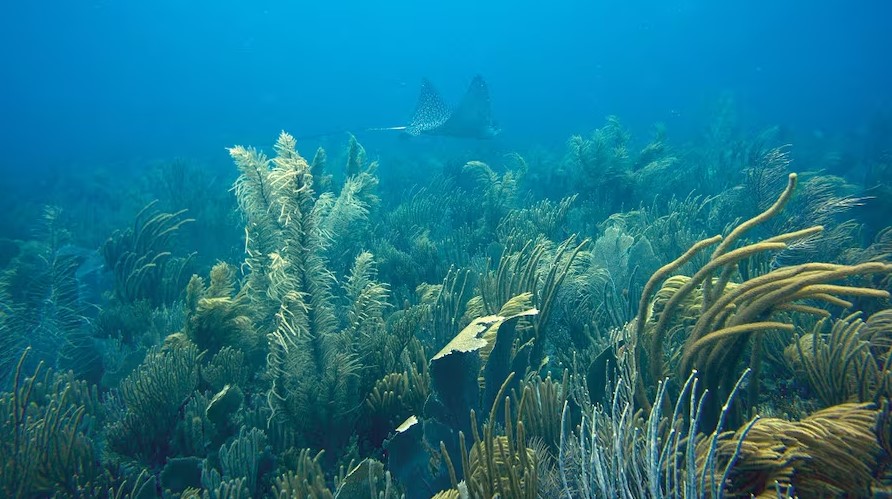A buoy in Manatee Bay, Florida, recently recorded an ocean temperature exceeding 101 degrees Fahrenheit, marking another instance of unprecedented heat in coastal waters.
Managed by the Everglades National Park and monitored by the National Data Buoy Center, this measurement was taken about five feet below the surface of South Florida’s east coast.
Allyson Gantt, communications director for Everglades and Dry Tortugas National Parks, confirmed the accuracy of this data, stating it aligns with high water temperatures seen across Florida Bay. Although this buoy reported one of the highest temperatures, nearby stations recorded only slightly lower readings.
Such extreme ocean temperatures pose significant threats to local coral reefs, which thrive between 73- and 84-degrees Fahrenheit. The current reading, while potentially record-breaking, is difficult to compare to other high temperatures due to the specific conditions under which it was recorded.
The existing record for the hottest ocean surface temperature is 99.7 degrees, recorded in Kuwait Bay.

Jeff Berardelli, chief meteorologist and climate specialist at WFLA News Channel 8, noted that the murky, sediment-rich waters of Florida Bay absorb more heat, complicating direct comparisons with other water measurements.
Berardelli highlighted that these conditions make Florida Bay readings unique, as they differ from clearer, more mobile waters where typical measurements are taken.
The World Meteorological Organization does not officially track sea surface temperatures, adding further complexity to record validation.
Recent temperatures in South Florida have been exceptionally high, with two sites in the Florida Keys recording temperatures of 98 degrees or higher. These extreme readings confirm the severe heat impacting the area.
Phanor Montoya Maya, a marine biologist with the Coral Restoration Foundation, expressed concerns over prolonged water temperatures above 84 degrees.
Such conditions cause coral bleaching, depriving corals of essential nutrients and potentially leading to their death. The current heatwave represents a critical threat to even the hardiest corals on Florida’s Coral Reef, with some already succumbing to heat stress.

